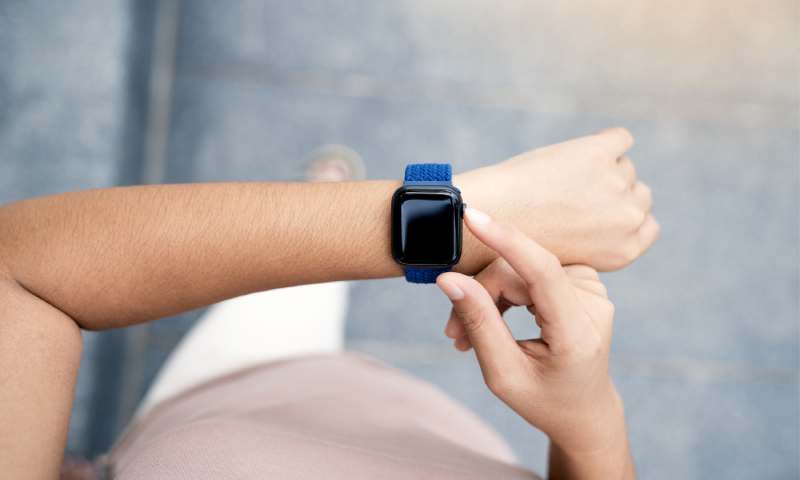
In the era of digitalization, where smart devices are becoming more and more common, a recent Stanford School of Medicine study has illuminated the potential applications of smartwatches in healthcare. The study discovered that smartwatches, particularly Apple Watches, can assist medical professionals in identifying and treating children's arrhythmias, or irregular heart rhythms.
The Stanford Medicine Children's Health pediatric cardiology patients' electronic medical records were examined for this study, which will be published in Communications Medicine. The study found 41 children with irregular heart rhythms over a four-year period that were verified by conventional diagnostic techniques. It's interesting to note that 29 of these kids received their first diagnosis as a result of the information their smartwatches supplied.
The application of smartwatches—specifically, Apple Watches—has demonstrated encouraging outcomes in the detection of pediatric arrhythmia episodes. Even in cases where conventional ambulatory monitors were unable to identify these events, the smartwatches were able to record them. This research highlights the potential of wearable technology, like the Apple Watch, to detect cardiac rhythm abnormalities in children and to overcome the shortcomings of existing noninvasive cardiac monitoring methods.
Conventional adhesive monitor-based diagnostic techniques and routine physician monitoring frequently encounter difficulties. They may not be able to record erratic arrhythmias and are prone to falling or irritating users. Conversely, it has been demonstrated that smartwatches are useful in identifying children's irregular heart rhythms. As a matter of fact, the Stanford study revealed that 10 children who were not detected by conventional monitoring techniques had arrhythmias identified by their smart watches.
The use of smartwatches to identify cardiac rhythm abnormalities in children shows promise, but the algorithms currently in use are not child-friendly. To further improve outcomes, it is evident that children require smartwatch algorithms based on real-world heart rhythm data. Under the direction of Dr. Aydin Zahedivash and senior study author Dr. Scott Ceresnak, the research team intends to carry out additional investigations to evaluate the Apple Watch's potential for identifying cardiac issues in children and to create algorithms tailored specifically for pediatric heart rhythm monitoring.
According to the study, pediatric cardiology has advanced significantly overall. Smartwatches may play a significant role in the diagnosis and treatment of pediatric cardiac conditions with additional research and the creation of child-specific algorithms. In addition to raising diagnostic precision, this may encourage patients to seek care sooner, which could improve the general health of kids with cardiac arrhythmias.